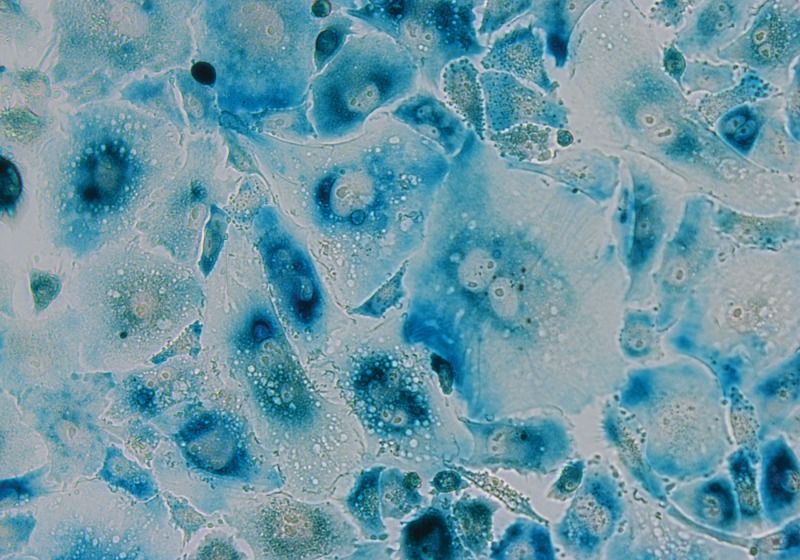Should we be forced to die? Live? We’re going to dig into some deep questions about health and longevity in our discussion this week with the CEO of BioViva Sciences, Elizabeth Parrish. BioViva is dedicated to improving healthy human longevity through bioinformatics used in health predictions and recommendations, precision medicine, and the discovery of novel biomarkers by applying state of the art computational methods on vast collections of biological data.
Category: life extension – Page 441

In-space Robotic Servicing Program Moves Forward with New Commercial Partner
DARPA has established a new partnership with U.S. industry to jointly develop and deploy advanced robotic capabilities in space. The agency has signed an Other Transactions for Prototypes agreement with Space Logistics, LLC, a wholly-owned subsidiary of Northrop Grumman Corporation, as its commercial partner for the Robotic Servicing of Geosynchronous Satellites (RSGS) program.
The RSGS program’s objective is to create a dexterous robotic operational capability in geosynchronous orbit that can extend satellite life spans, enhance resilience, and improve reliability for current U.S. space infrastructure. The first step is the RSGS program’s development of a dexterous robotic servicer, which a commercial enterprise will then operate.
“DARPA remains committed to a commercial partnership for the execution of the RSGS mission,” said Dr. Michael Leahy, director of DARPA’s Tactical Technology Office. “Building upon the successes of the DARPA Orbital Express mission and the recent successful docking of Space Logistics’ Mission Extension Vehicle-1, the agency seeks to bring dexterous on-orbit servicing to spacecraft in geosynchronous orbit (GEO), and to establish that inspection, repair, life extension, and improvement of our valuable GEO assets can be made possible and even routine.”

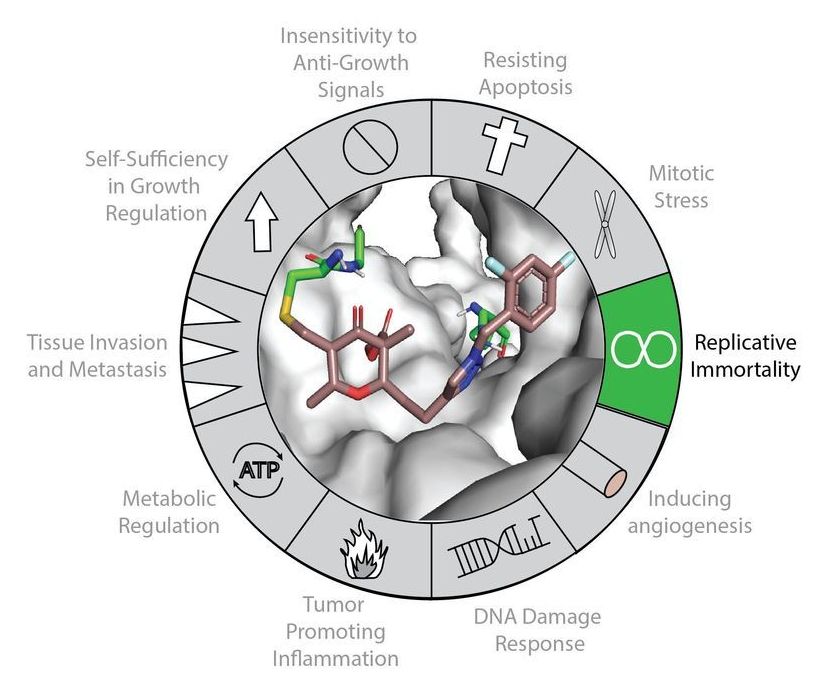
Chemists inhibit a critical gear of cell immortality
One of the hallmarks of cancer is cell immortality. A Northwestern University organic chemist and his team now have developed a promising molecular tool that targets and inhibits one of cell immortality’s underlying gears: the enzyme telomerase.
This enzyme is found overexpressed in approximately 90% of human cancer cells and has become an important subject of study for cancer researchers. Normal cells have the gene for telomerase, but it typically is not expressed.
“Telomerase is the primary enzyme that allows cancer cells to live forever,” said Karl A. Scheidt, who led the research. “We want to short-circuit this immortality. Now we have designed a first-of-its-kind small molecule that irreversibly binds to telomerase, shutting down its activity. This mechanism offers a new pathway for treating cancer and understanding cellular aging.”
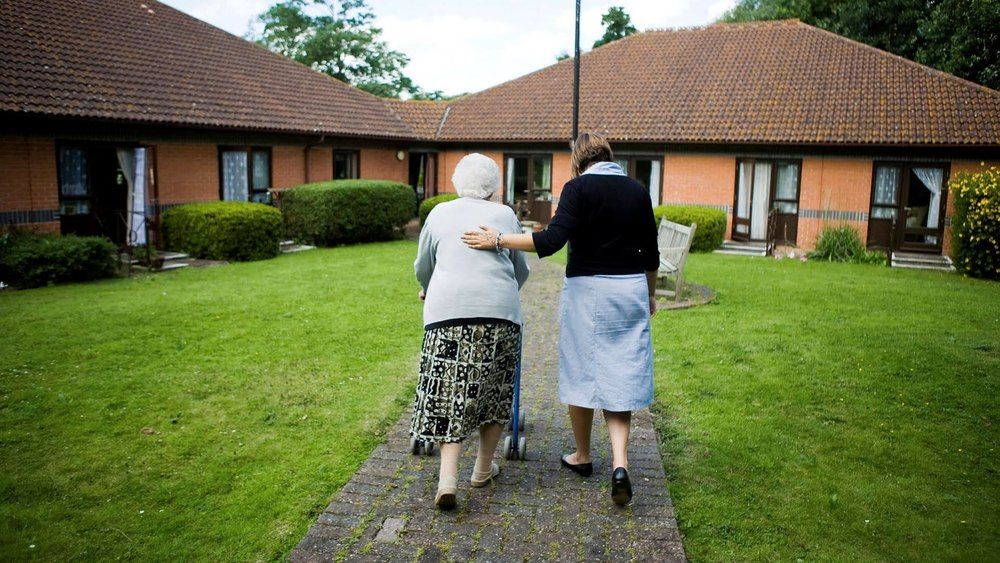
The world must wake up to the challenge of longer lifespans
The writer is the author of “Extra Time: Ten Lessons for an Ageing World”
Is the rash of US presidential candidates aged over 70 a sign of weakness or strength? We hear that Bernie Sanders isn’t too left; he’s too old. Michael Bloomberg was alive when Harry Truman was in the White House. Joe Biden is surely as worn out as his shoe leather.
In reality, all of these characters seem in remarkably good shape. Despite being the oldest president ever to be sworn in (he was 69), Donald Trump still acts like a kid.
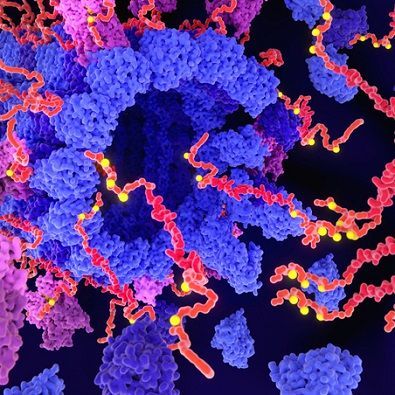
Blood test method may predict Alzheimer’s protein deposits in brain
Researchers report an advance in the development of a blood test that could help detect pathological Alzheimer’s disease in people who are showing signs of dementia. This approach could be less invasive and less costly than current brain imaging and spinal fluid tests. The blood test detects the abnormal accumulation of a form of tau protein known as phosphorylated-tau-181 (ptau181), which is a biomarker that suggests brain changes from Alzheimer’s. The study, funded by the National Institutes of Health, was published on March 2 in Nature Medicine.
Over the past 15 years, research advances in the development of biomarkers like tau protein have enabled investigators to more accurately diagnose Alzheimer’s disease, select research participants, and measure response to investigational therapies. Tau and other biomarkers can be detected with PET scans of the brain and lab tests of spinal fluid. However, PET imaging is expensive and involves radioactive agents, and spinal fluid tests require spinal taps, which are invasive, complex and time-consuming. Simpler biomarker tests are still needed.
“The considerable time and resources required for screening research participants with PET scans and spinal taps slow the pace of enrollment for Alzheimer’s disease treatment studies,” said Richard J. Hodes, M.D., director of NIH’s National Institute on Aging (NIA), which funded much of the study. “The development of a blood test would enable us to rapidly screen a much larger and more diverse group of volunteers who wish to enroll in studies.”
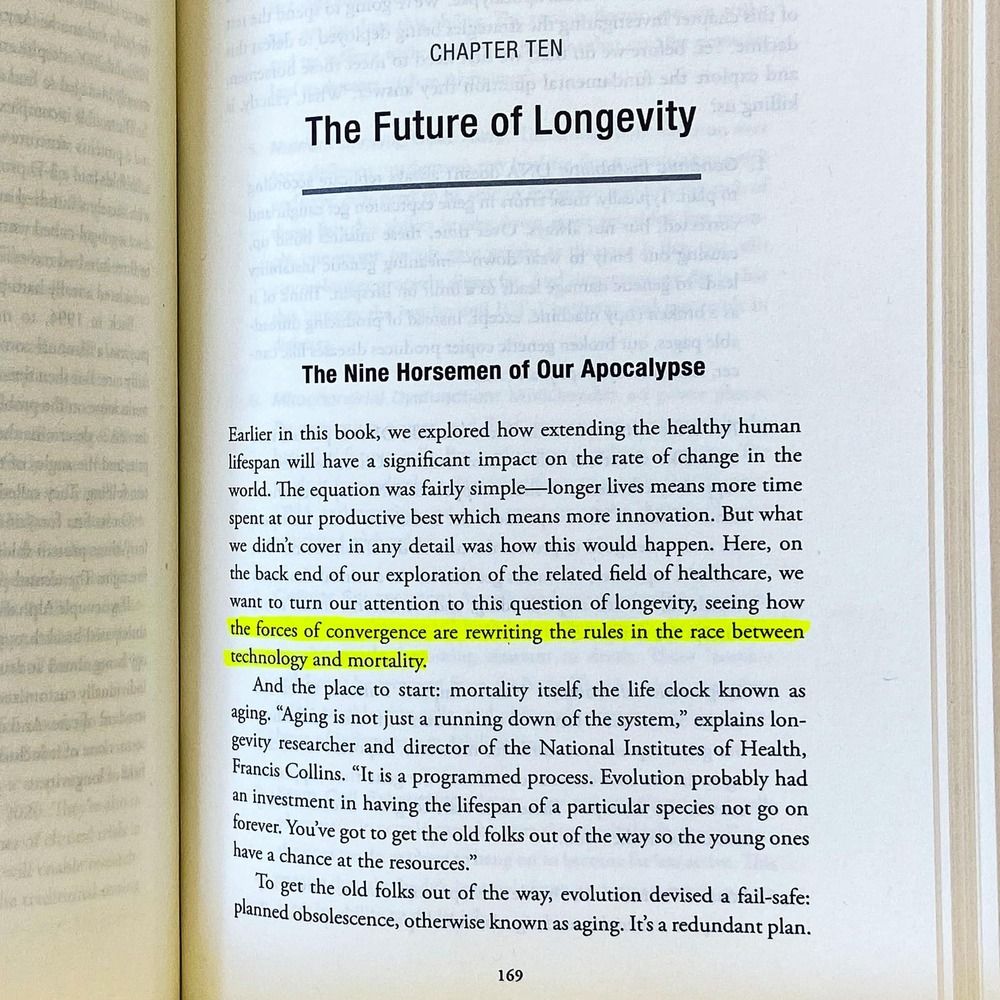
Scientists now believe there are nine “causes” of our decline, the nine horsemen of an internal apocalypse
1️⃣ Genomic Instability 2️⃣ Telomere Attrition 3️⃣ Epigenetic Alterations 4️⃣ Loss of Proteostasis 5️⃣ Nutrient Sensing Goes Awry 6️⃣ Mitochondrial Dysfunction 7️⃣ Cellular Senescence 8️⃣ Stem Cell Exhaustion 9️⃣ Altered Intercellular Communication.
Explore these horsemen and the strategies being deployed to defeat this decline in Chapter 10 — The Future of #Longevity ➡️ futurefasterbook.com

Is Aging a Disease?
However, labeling aging itself as a disease is both misleading and detrimental. Pathologizing a universal process makes it seem toxic. In our youth-obsessed society, ageism already runs rampant in Hollywood, the job market, and even presidential races. And calling aging a disease doesn’t address critical questions about why we age in the first place. Instead of calling aging a disease, scientists should aim to identify and treat the underlying processes that cause aging and age-related cellular deterioration.
Aging is associated with heart disease, Alzheimer’s, diabetes, and cancer, but what’s underlying all that?
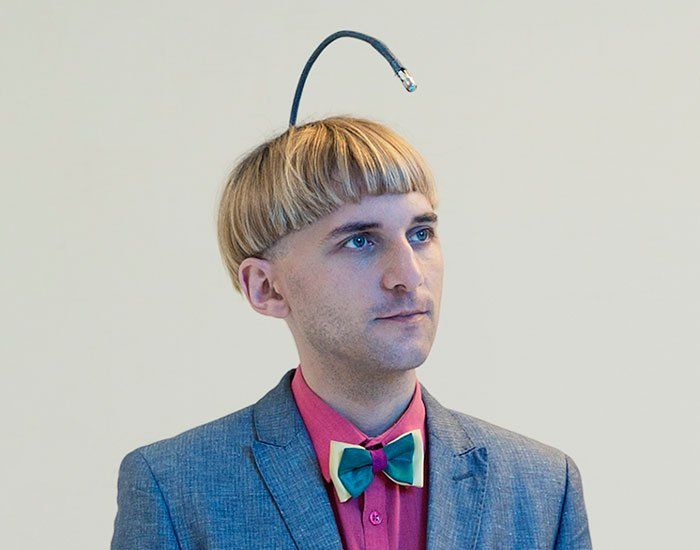
Cyborgs, Robots, And Biohackers: The First-Ever Survey of Transhumanism
the photo series by vintner and fletcher illustrates three gradual stages of transhumanism from ‘testing ground’, ‘patient zero’ to ‘humanity 2.0’. at the lowest tier, ‘testing ground’ looks into individuals who have created wearable technology to expand their human abilities, improving everything from concentration to mental health.‘patient zero’ studies those who have taken permanent action to become half human and half robot. in the final chapter, ‘humanity 2.0’, the transhumanist subjects focus on life extension and immortality.
